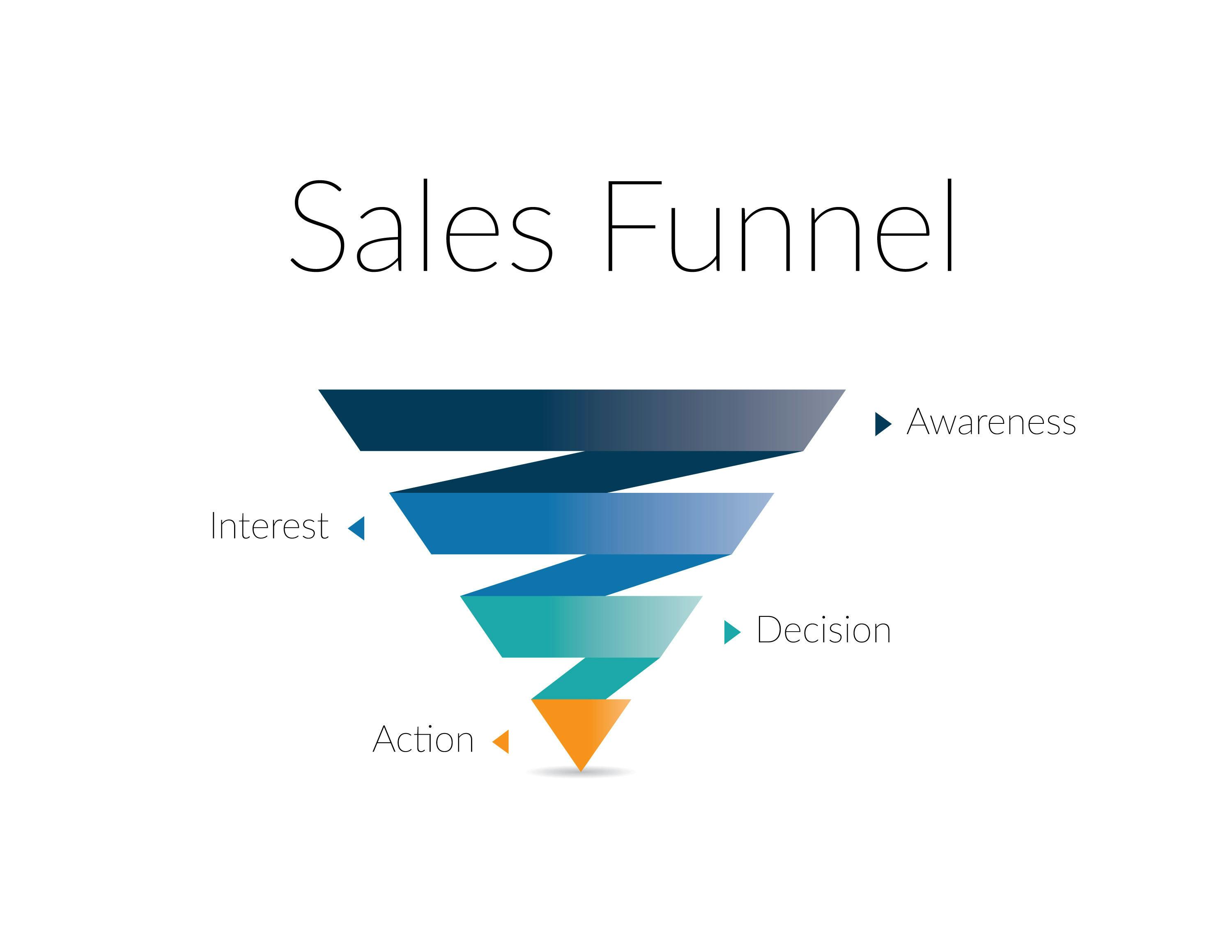Customers increasingly want control over the products and services they choose to consume -- with respect not only to effects of the product and its production on the global ecosystem, but also in terms of configuration, and where, when, and how the product or service is consumed. Personalization gives voice to these desires, and will be one of the leading factors that continues to shape consumer purchasing behavior patterns. These patterns have ramifications for business processes such as manufacturing, product specification, and supply chain to name a few.
In this blog post, we explore the specification side of the personalization trend, looking at the Configure, Price, Quote function that is part of the larger Quote-to-Cash process.
Deloitte noted in a 2015 Consumer Review document that while more than 50% of customers expressed interest in purchasing customized products, they were also willing to pay a premium for those products or services. Unfortunately, product personalization is still uneven in implementation between markets and even entire industries, as it can be complex for businesses to set up, and even harder to do well. Product customization, therefore, presents both a challenge -- streamlining personalized product specification, production and distribution -- and potential upside -- revenue enhancement and competitive advantage -- to your business, if you can make it work efficiently and effectively.
Along with the pressure for an increase in customization, businesses are also under pressure to decrease procurement, production and order-to-ship cycles. Quoting custom solutions demands an accurate understanding of costs, and the market's price elasticity for a similarly quoted solution, as well as the organization's manufacturing capabilities and scheduling capacity. Building custom quotes by hand (or spreadsheet) places the burden of product and organizational knowledge squarely on sales or support, increasing the odds of process errors and prospect problems. Accurately configuring a prospect's required solution in a way that guarantees your business can build and ship it is the secret sauce to creating a sustainable, and profitable personalization process.
A Configure Price Quote (CPQ) system is an important ingredient in making personalization work, as it addresses key issues by automating the quotation process, allowing customers to obtain accurate product and pricing information, even on very complex products.

The goal of CPQ software is to make an organization's sales cycle as efficient as possible, accelerating traversal through the sales funnel by automating the quotation / proposal process, reducing the risk of inaccuracies, and increasing the odds of closing a sale. To better understand what a CPQ system is, and how it can benefit your business, let's look at each component:
Configure - the goal of the Configuration component of a CPQ system is to provide automated tools that allow a prospect to tell you exactly what combination of products and services meet their requirements, while minimizing the need for intervention between the prospect and your sales support organization. The goal is to use automation to produce professional, timely, and accurate quotations, while reducing errors and turn-around time. If the prospect can use a self-service mechanism to create an accurate quote that meets their requirements -- especially for a customized solution -- sales can better use their time to follow-up, build rapport, and help solidify the organization's commitment to the prospect's goals. A mature CPQ solution can provide your sales team with the tools to configure offerings, follow business rules, and move prospects through the sales funnel, increasing the closure rate and the rate of revenue generation.
Price - CPQ software should facilitate many pricing strategies, creating product quotes that are tailored to your prospect's needs with consistent pricing. A robust CPQ system will provide methods for special, bundled, or volume pricing, while allowing appropriate internal resources to understand the rolled-up costs of the quoted solution, putting sales in the driver seat to make the best deal, while focusing on the organization's bottom line. Flexibility with pricing rules to include subscription discounts, pre-negotiated contract pricing or channel / partner pricing helps ensure that a quote always includes accurate pricing, optimized for the business context.
Quote - Creating the quotation is the culmination of the configuration and pricing process. The quote is documented conveyance of the overall solution -- the configured product, associated pricing and supporting documentation -- everything the prospect will need to make the final purchase decision. The solution is automatically price adjusted to reflect appropriate discounts and the organization's terms and conditions associated with the deal, providing a much smoother process for the sales team to manage, helping to maintain prospect engagement.
CPQ systems provide automated configuration and pricing, making the quotation process for standard solutions fast and simple. This allows a sales rep or your customer to generate a common quote with no special pricing or details. However, the right CPQ solution can also provide a trigger approval process under specified criteria, such as projects with a total price or a discount percentage above a selected threshold. Since good CPQ systems can support many different pricing scenarios, approvers don't need to be engaged on every quote. Only those quotes that meet predefined criteria, based on business logic, require additional touch points.
A CPQ solution can quickly become an irreplaceable tool in your quotation and overall sales process, empowering reps with guided selling and fast, accurate quotes. There are a number of potential benefits to your sales staff and entire organization including the following:
Simplification of the quotation process -- create quotes with improved accuracy on a consistent basis.
Improve Approval Process — Non-automated sales approval processes can lead to increased lead times, costly errors and loss of revenue. Guiding a deal, even for a standard product, via email can result in wasted time for your staff, and gives your prospect a poor impression at the beginning of the deal cycle. CPQ software can automate this process so that the moment a quote is created, it is automatically routed appropriately within the organization, and delivered quickly to your prospect.
Gain Competitive Advantage -- Tracking data around the quotation cycle can ensure that sales understands past requests and transactions, and can lead to better customer responsiveness and provide insight into additional potential revenue streams, such as cross sales and up sales. Personalizing your product line provides competitive market advantage, but also allows your company to collect additional purchasing data that can be used to better hone your product offerings. Harnessing the quotation data captured in the sales process can provide insight around important business drivers such as product trends, pricing coherence, prospect engagement, and potential sales process areas that need improvement. Quotation data analytics may lead you to discover trends and insights that can help hone strategic and competitive advantage.
CPQ solutions are helpful not only for larger businesses, they can be a game changer for the SMB market as well. Smaller businesses often require employees to be "utility players" and wear many hats. Sales may be burdened with tasks that are crucial for the company, but aren't directly related to generating revenue. A CPQ system can help by reducing the work of pricing and generating quotes, giving a smaller business runway to increase sales while keeping up with competing organizational priorities.
Optimize Quote-to-Cash Quote-to-Cash (QTC) is an overarching business process comprising several, more granular business processes, all of which are related in some way to driving and managing revenue. QTC refers to the entire end-to-end sales process, typically starting with product configuration and pricing, and including quoting, customer acceptance, ordering, data analysis and managing revenue. While there are often sales and marketing activities that occur earlier in the process (or higher up in the buying or sales funnel) delivering a quote is generally seen as the first measured QTC step.
No matter how your organization sells, you’ll benefit from accurate quotes delivered timely to prospects. CPQ software should be designed with features to simplify this effort and optimize your QTC process.
Additional Considerations CRM compatibility — Most CPQ systems are built to work with at least one existing Customer Relationship Management (CRM) tool. While some CPQ systems are native to specific CRM systems (such as Salesforce's CPQ product ), others are designed to integrate with multiple CRM products. It is important to choose a CPQ platform that integrates with your CRM solution.
Customization — Every organization will have its own set of needs for its CPQ software, including different products, configurations, specification methods, discounts, bundles, and more. The CPQ product you select should fit the needs of your sales team, the products and solutions you offer, and provide flexible to adapt when your organization's needs change.
CPQ software is an integral part of a mature, flexible and efficient sales process, fitting in between opportunity management and contract management. CPQ helps improve the QTC process by providing customers with customized products and quotes from the beginning sales cycle, and allows you to tap into the increasingly personalized product space.
